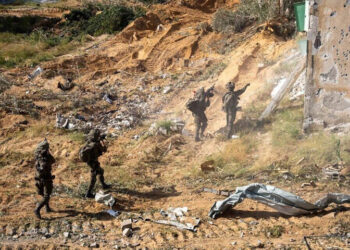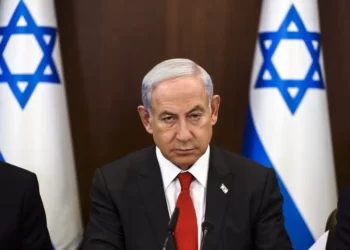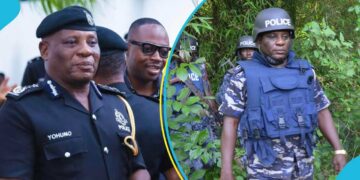Sri Lanka’s Prime Minister, Ranil Wickremesinghe has said the country needs at least $5bn (£4bn) over the next six months to pay for essential goods as it faces its worst economic crisis in more than 70 years.
Mr. Wickremesinghe in defending the request told Parliament that the money is needed for basic items such as food, fuel and fertiliser. In May 2022, Sri Lanka defaulted on its debts with international lenders for the first time in its history. The country held bailout talks with the International Monetary Fund (IMF).
Mr. Wickremesinghe, who doubles as the country’s Finance Minister, told Parliament that more money is required this year (2022) to meet Sri Lanka’s basic needs. He said the island nation, with a population of about 22 million, requires $3.3bn for fuel imports, $900m for food, $600m for fertiliser, and $250m for cooking gas.
Falling on a Loan Request to Demand More
The latest request came as the country’s lawmakers accepted a $55m loan for fertilisers from India’s Exim Bank.
The United Nations (UN) is also planning to make a worldwide appeal for Sri Lanka, and has already pledged $48m for food, agriculture and healthcare, Mr. Wickremesinghe added. He also warned of a slowdown in government payments to businesses and workers across the country, as funds are redirected to pay for food supplies.

“A lot of people will be without food, so the food programme we are initiating will ensure that all families, even if they have no income, they will have food. We can have community kitchens in temples [and] churches to supply the food. The community has to get involved.”
Sri Lanka’s Prime Minister, Ranil Wickremesinghe
Plan for Negotiation
Mr. Wickremesinghe said the South Asian nation is looking forward to trying a renegotiation of a $1.5bn financial support deal with China.
Sri Lanka is struggling with its worst economic crisis since gaining independence from its colonial masters, the UK in 1948. The country’s economy is battling the hit hard by of the COVID-19 pandemic, rising energy prices, and populist tax cuts. Also, the shortage of medicines, fuel and other essentials helped to push the cost of living to record highs.
Sri Lanka’s official rate of inflation, which is the pace at which prices rise, shot up by 39.1% year-on-year in May 2022. At the same time, food prices in its largest city, Colombo, increased by 57.4%. However, Mr. Wickremesinghe is set to unveil an interim budget next month (July 2022), as he faces the challenge of slashing overall government spending, while still providing social welfare payments. Last week, Sri Lanka’s Agriculture Minister called on farmers to grow more rice as he said the country’s “food situation is becoming worse”.
The government on the other hand also announced an immediate increase in Value-added Tax (VAT) from 8% to 12%. The move is expected to boost revenue by 65bn Sri Lankan rupees ($181m or £144m). It also said the corporate tax would rise in October 2022, from 24% to 30%.
READ ALSO: Ghana Gold– Missed Golden Opportunities: Sale of Golden Star Resources



















